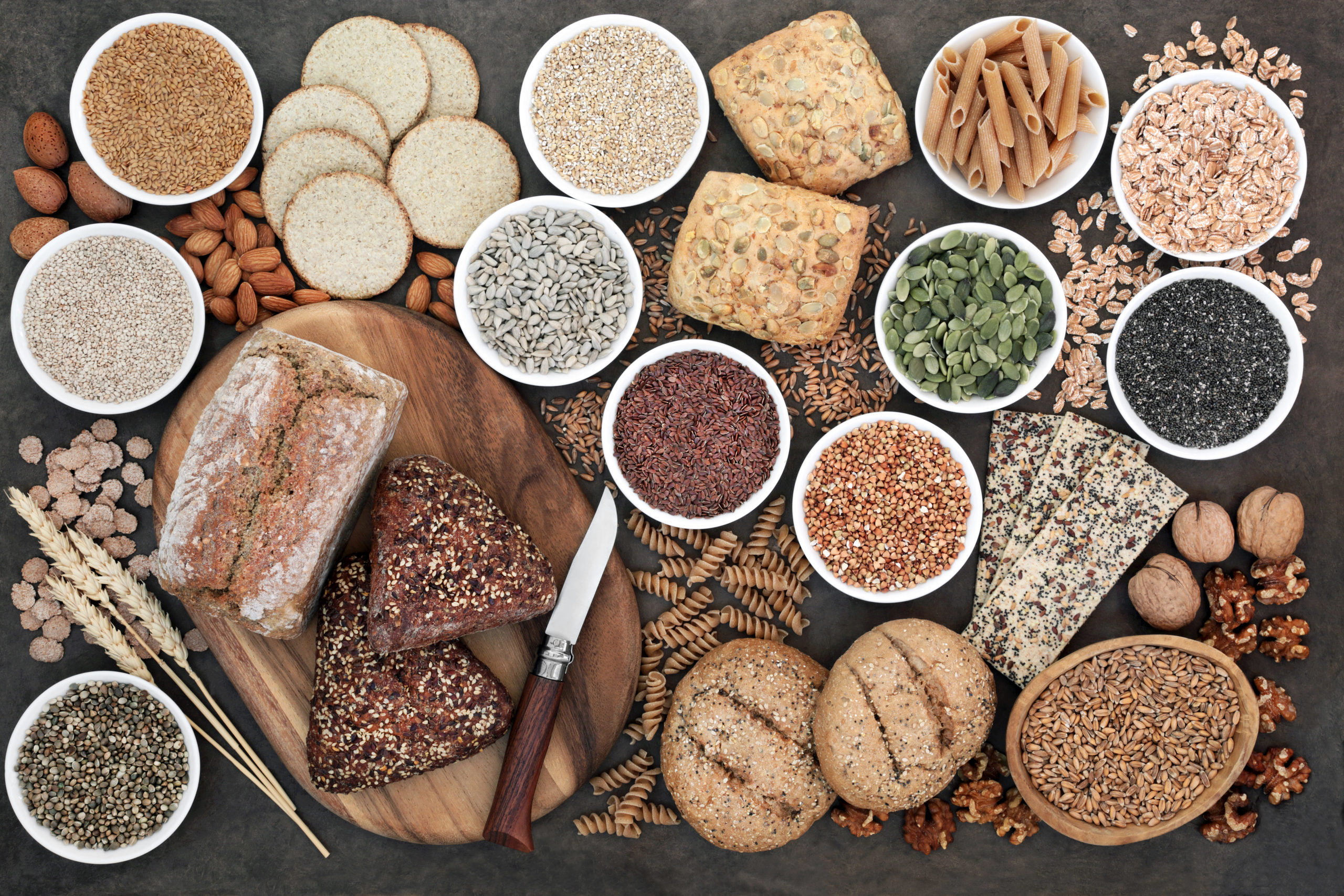Whole grains are an essential part of a healthy diet, providing a rich source of vitamins, minerals, fiber, and antioxidants. Unlike refined grains, which have been stripped of many nutrients during processing, whole grains retain all parts of the grain, including the bran, germ, and endosperm.
As a result, they offer numerous health benefits, including better digestion, improved heart health, and reduced risk of chronic diseases like diabetes and certain cancers.
In this article, we’ll explore the benefits of whole grains and provide tips for incorporating more whole grain foods into your diet.
What are Whole Grains?
Whole grains are grains that contain all parts of the grain kernel—the bran, germ, and endosperm. This means they retain all the nutrients found naturally in the grain. Some common whole grains include:
- Oats: Oats are a nutritious whole grain that is high in fiber and protein. They can be enjoyed as oatmeal for breakfast, added to baked goods, or used to make granola bars.
- Brown Rice: Brown rice is a whole grain that is high in fiber, vitamins, and minerals. It can be used as a side dish, added to soups and stews, or used to make rice salads.
- Quinoa: Quinoa is a gluten-free whole grain that is high in protein, fiber, and essential amino acids. It can be used as a substitute for rice or couscous and is often used in salads, soups, and side dishes.
- Whole Wheat: Whole wheat is a whole grain that is high in fiber, vitamins, and minerals. It can be used to make bread, pasta, and baked goods.
- Barley: Barley is a whole grain that is high in fiber, vitamins, and minerals. It can be used in soups, stews, salads, and side dishes.
Health Benefits of Whole Grains:
- Heart Health: Whole grains are rich in fiber, which can help lower cholesterol levels and reduce the risk of heart disease.
- Digestive Health: The fiber found in whole grains can help promote regular bowel movements and prevent constipation.
- Weight Management: Whole grains are filling and can help you feel full for longer, which can aid in weight management and weight loss.
- Blood Sugar Control: Whole grains have a lower glycemic index compared to refined grains, which can help stabilize blood sugar levels and reduce the risk of type 2 diabetes.
Tips for Incorporating Whole Grain Foods into Your Diet:
- Start your day with whole grains: Choose whole grain cereals, oatmeal, or whole grain toast for breakfast.
- Swap refined grains for whole grains: Replace white rice with brown rice, white bread with whole grain bread, and regular pasta with whole wheat pasta.
- Experiment with new grains: Try quinoa, barley, farro, or bulgur in your favorite recipes for added variety and nutrition.
- Snack on whole grains: Enjoy whole grain crackers, popcorn, or air-popped whole grain chips for a satisfying snack.
- Read labels: Look for products that list whole grains as one of the first ingredients on the label.
Conclusion
Incorporating whole grain foods into your diet is an easy and delicious way to improve your health and well-being. With their rich flavor and nutritional benefits, whole grains are a versatile addition to any meal.
Whether you’re enjoying a hearty bowl of oatmeal for breakfast, a quinoa salad for lunch, or whole grain pasta for dinner, you can feel good knowing that you’re nourishing your body with wholesome, nutritious foods.

Leave feedback about this